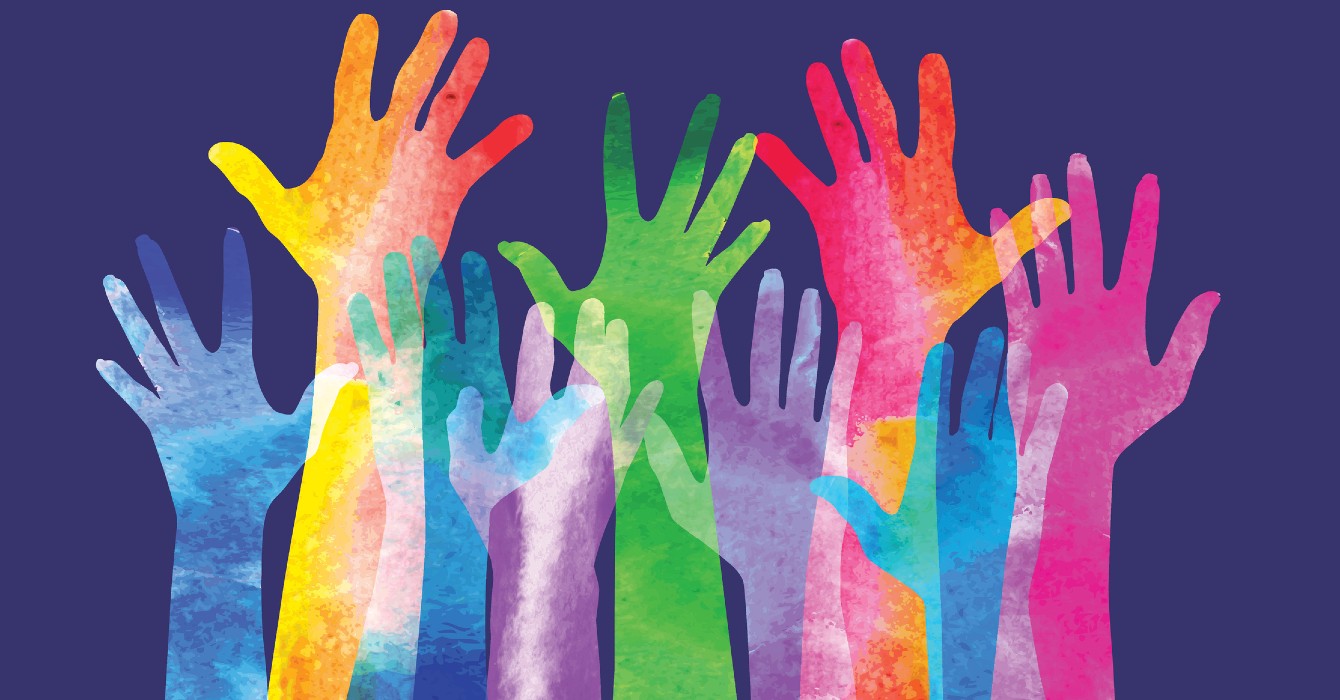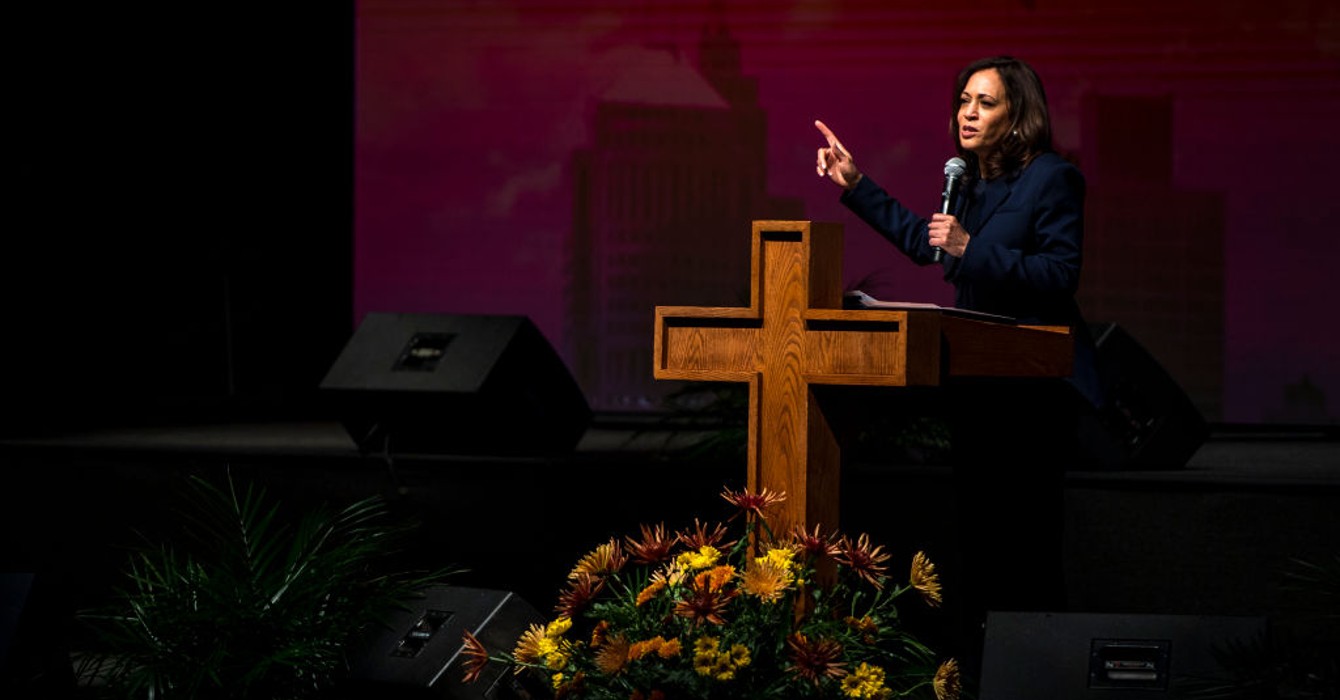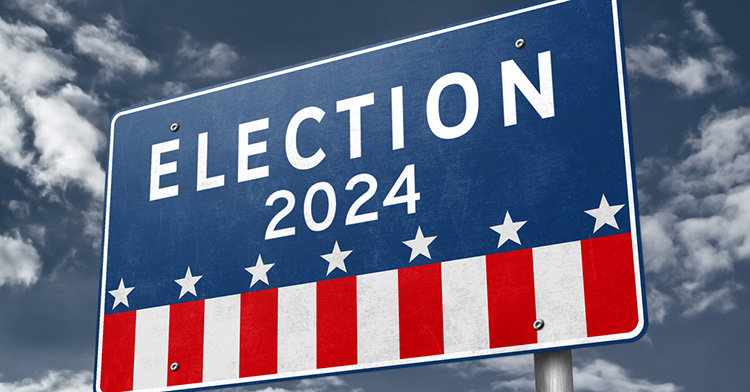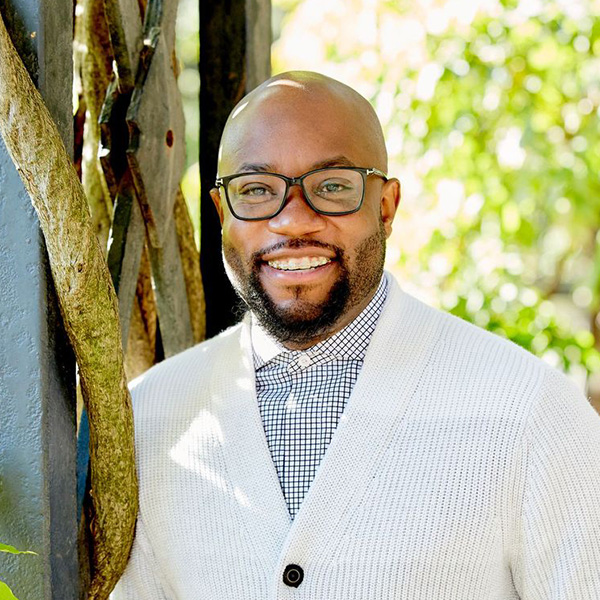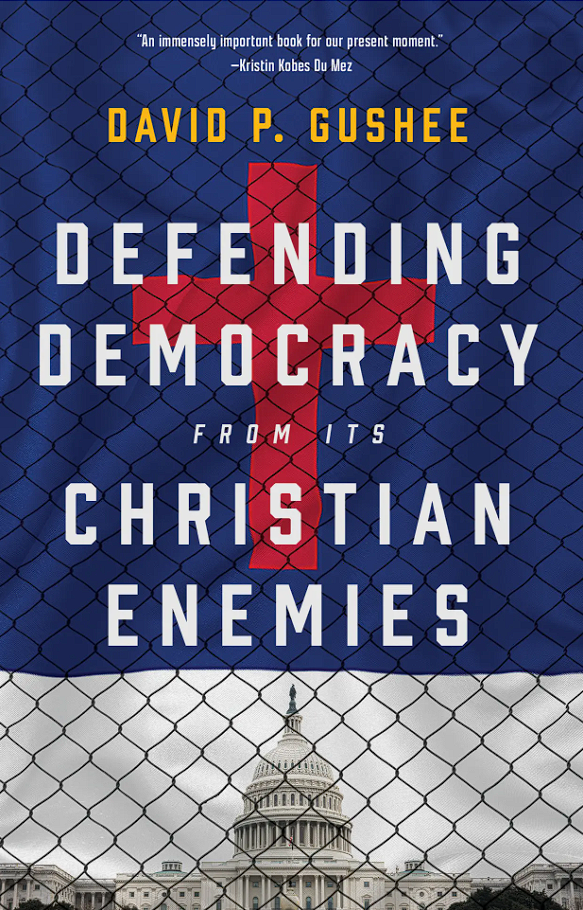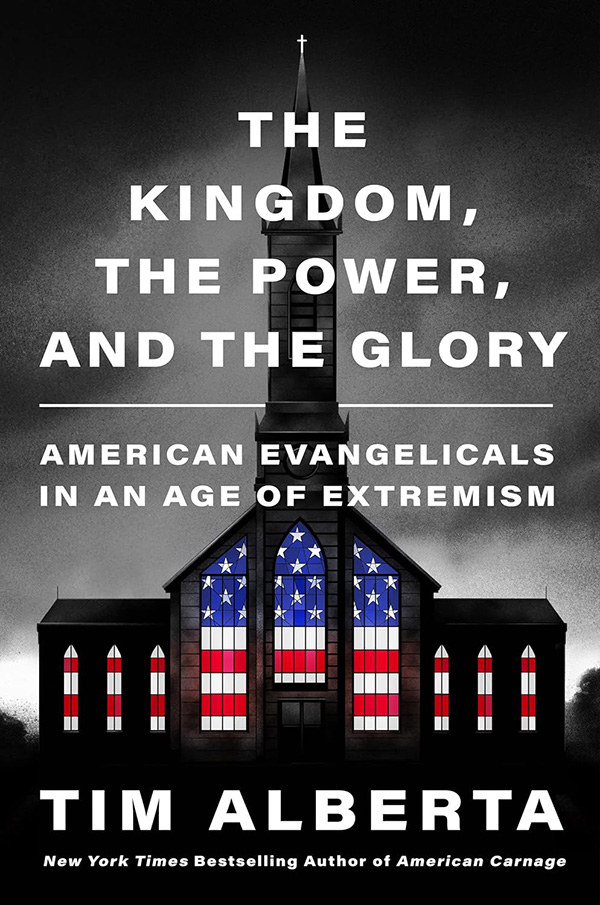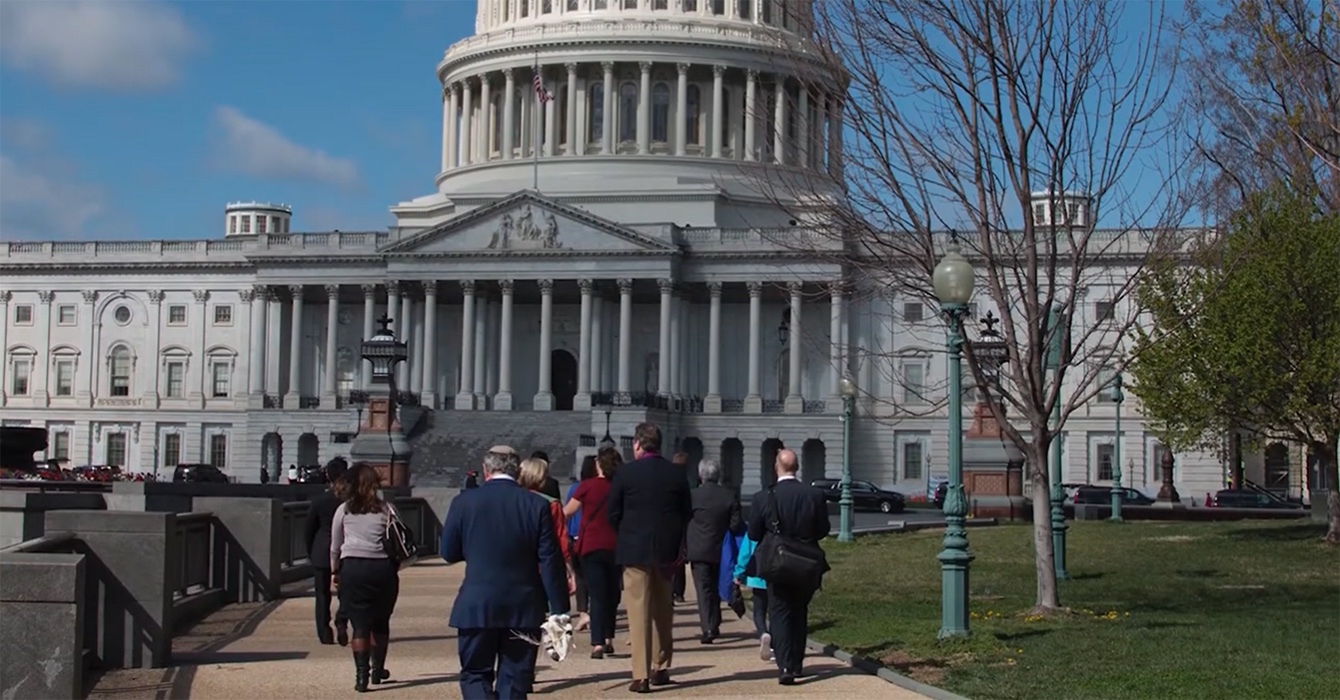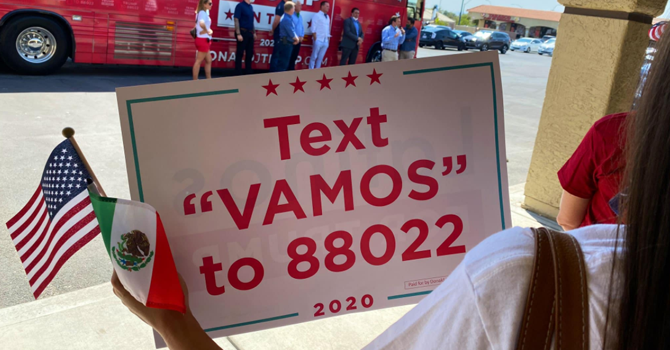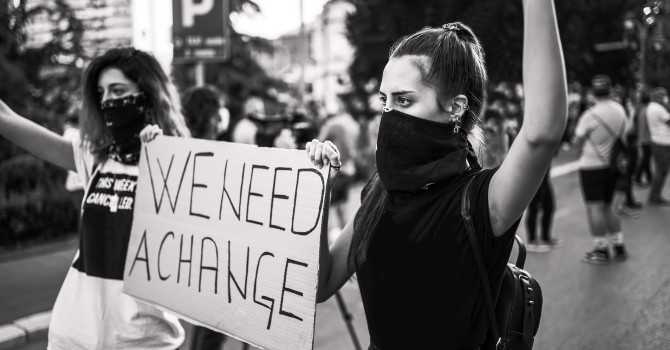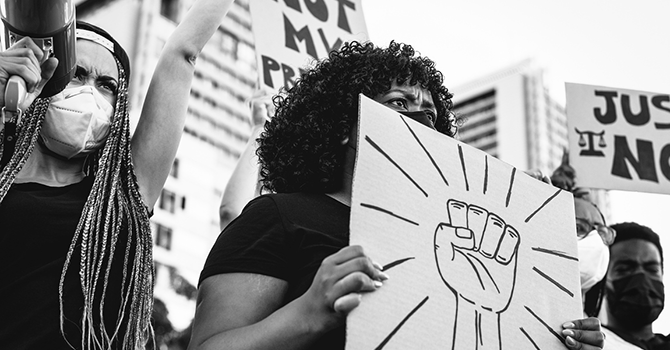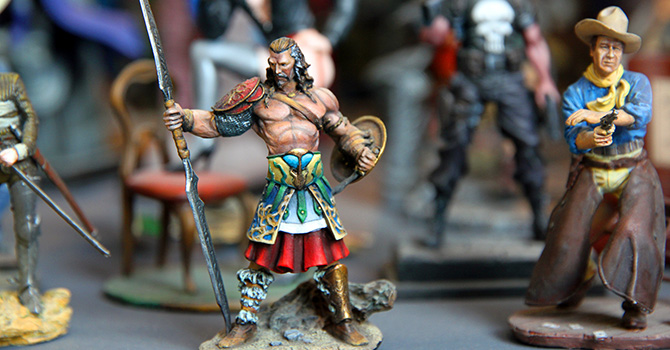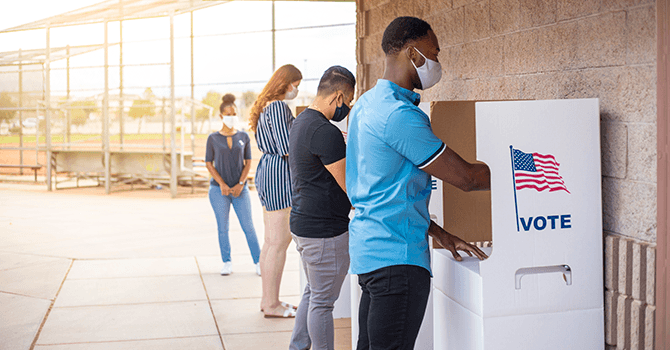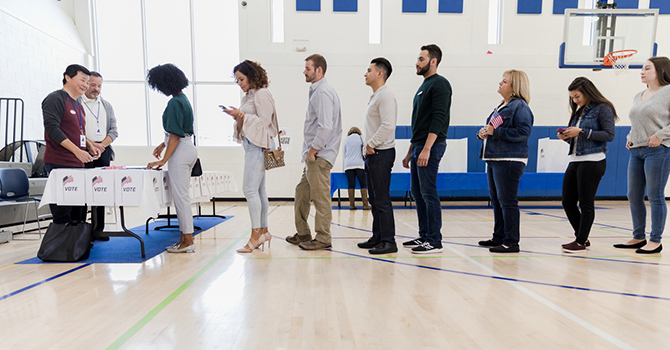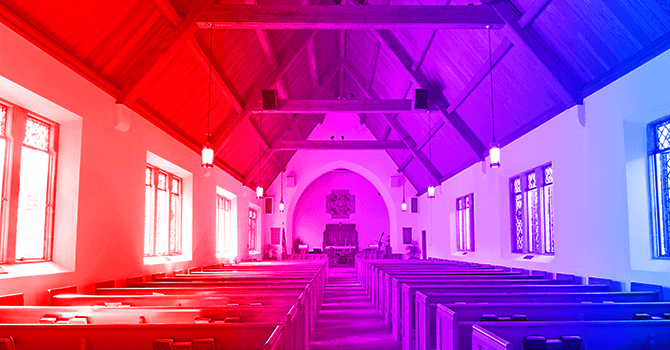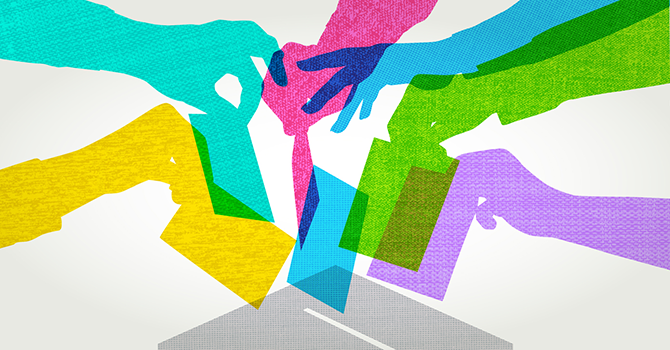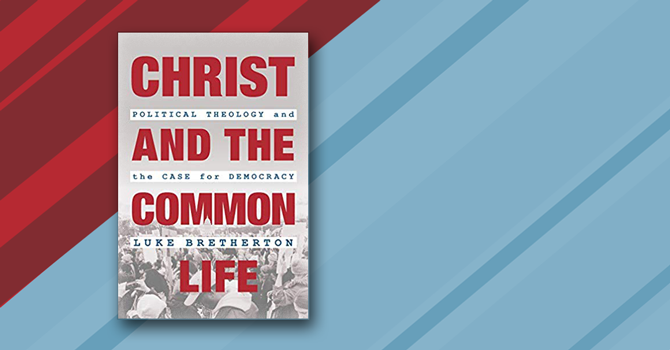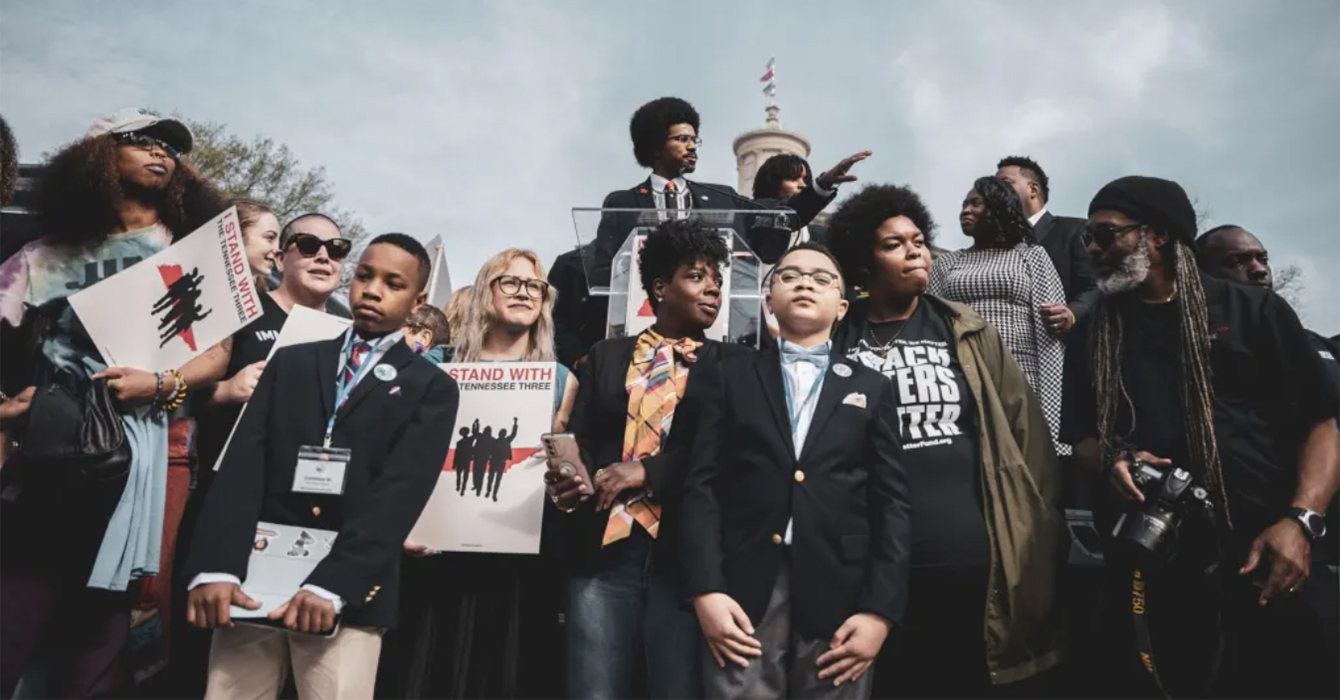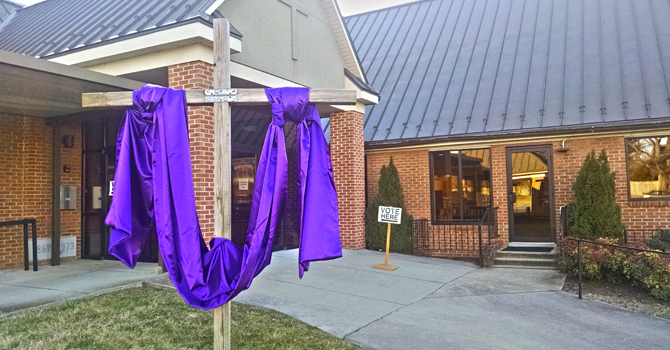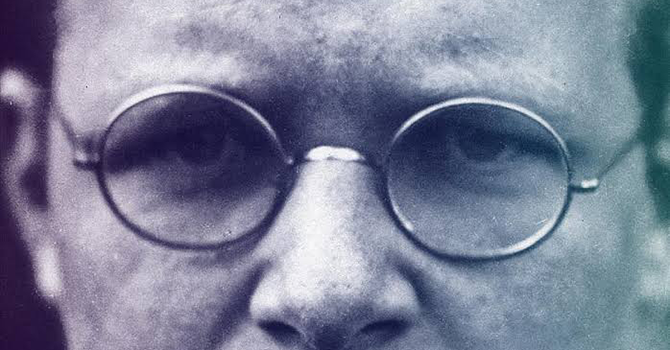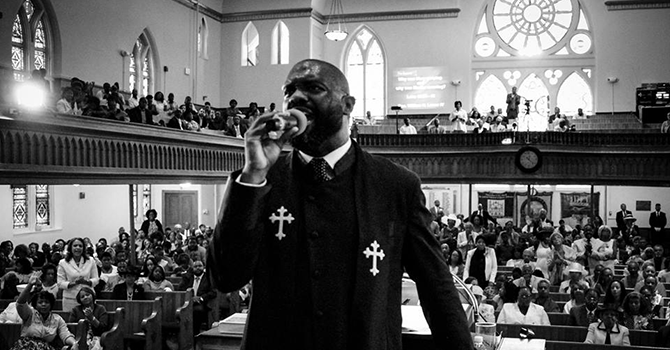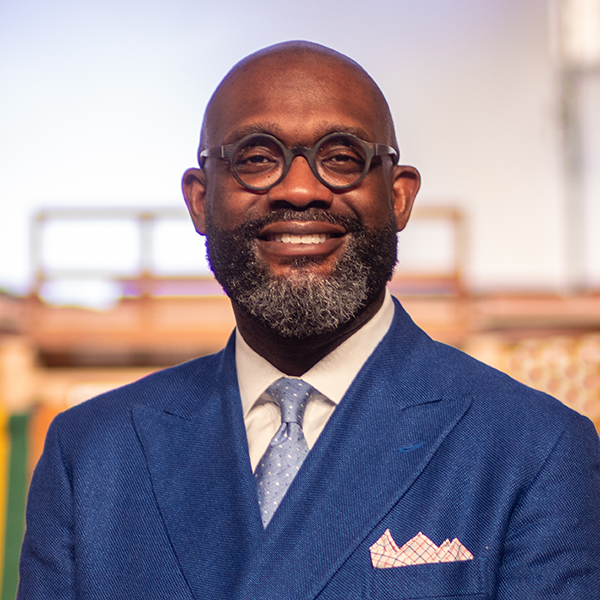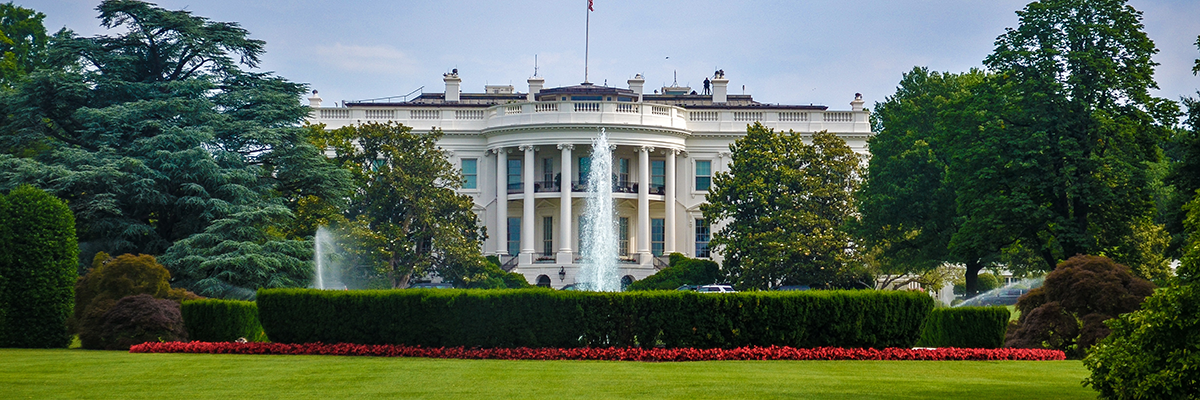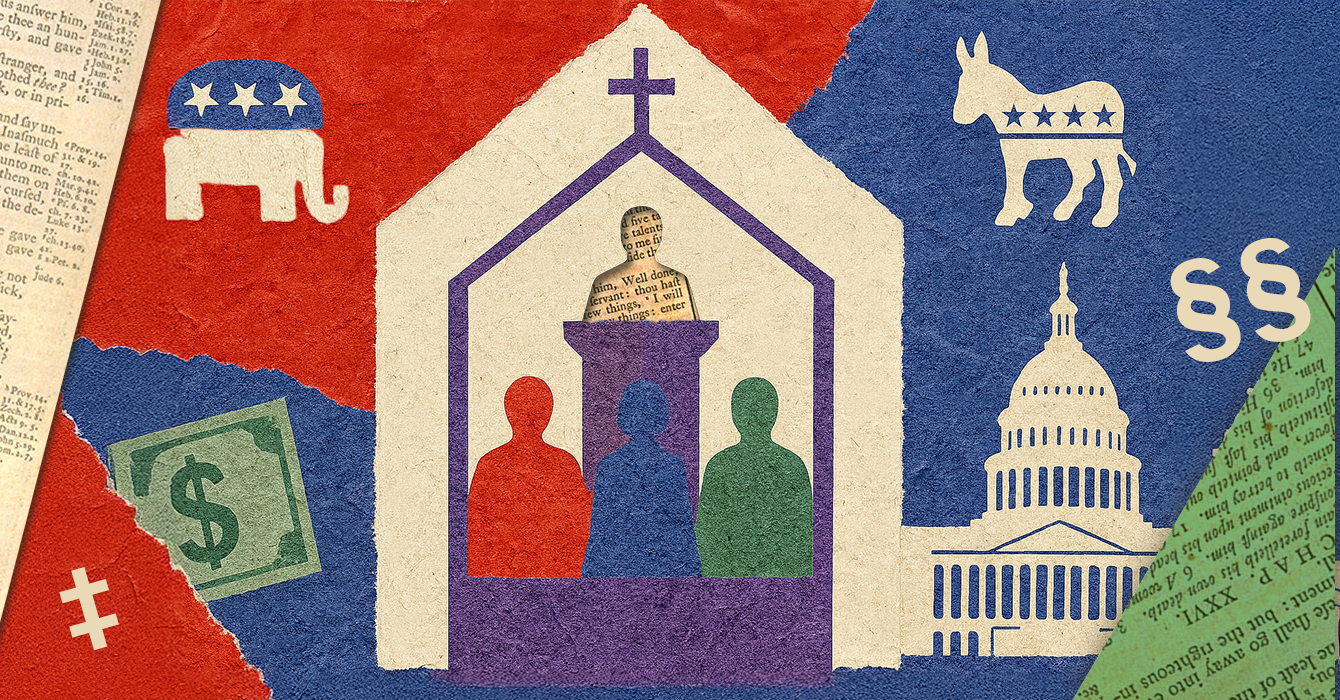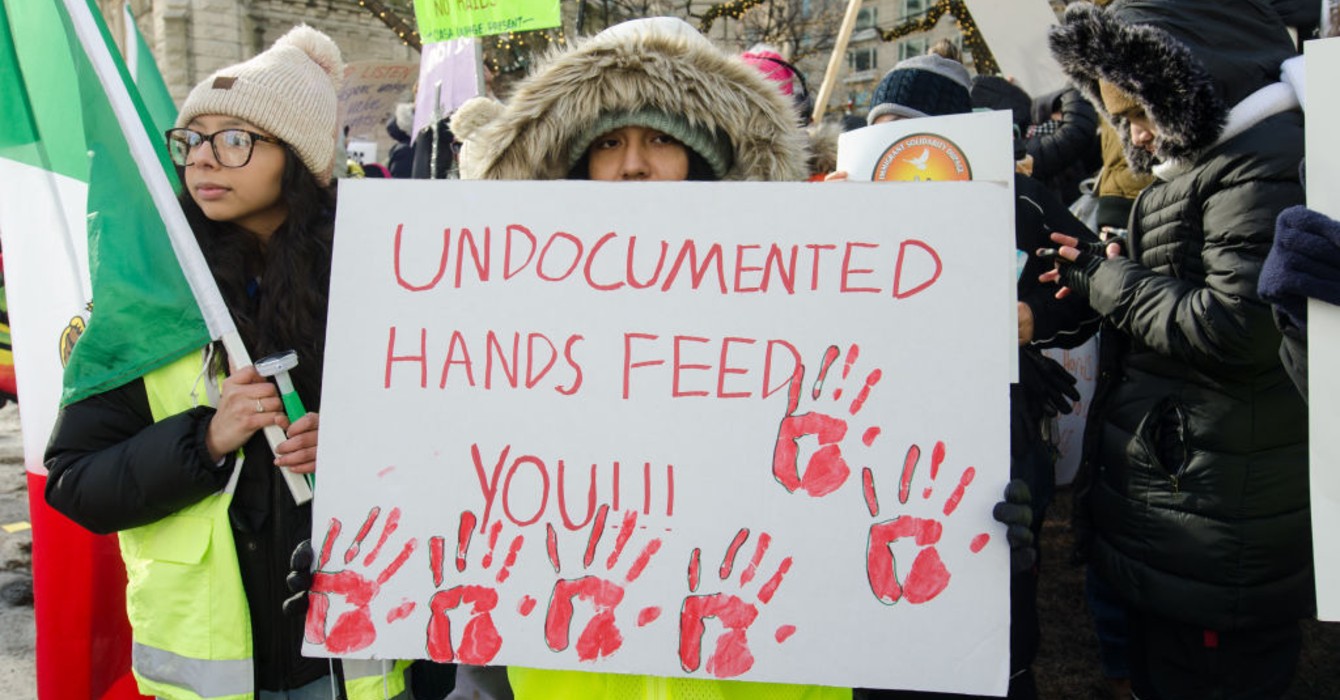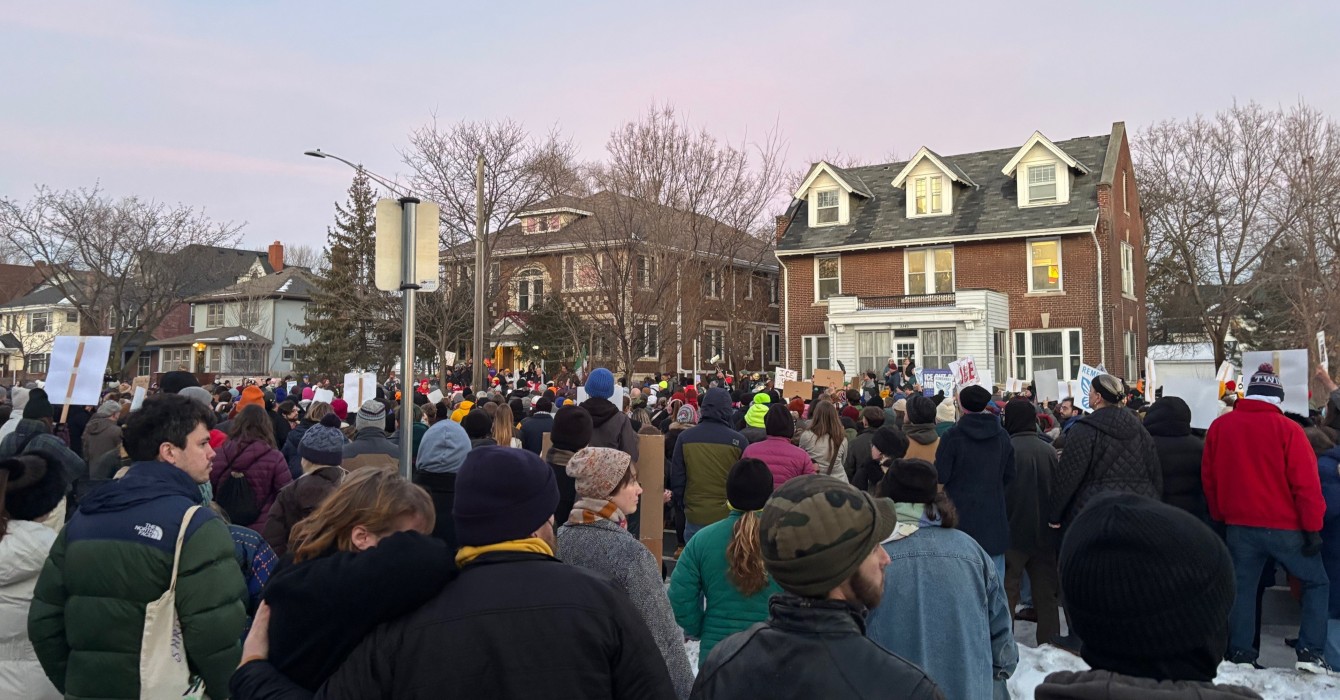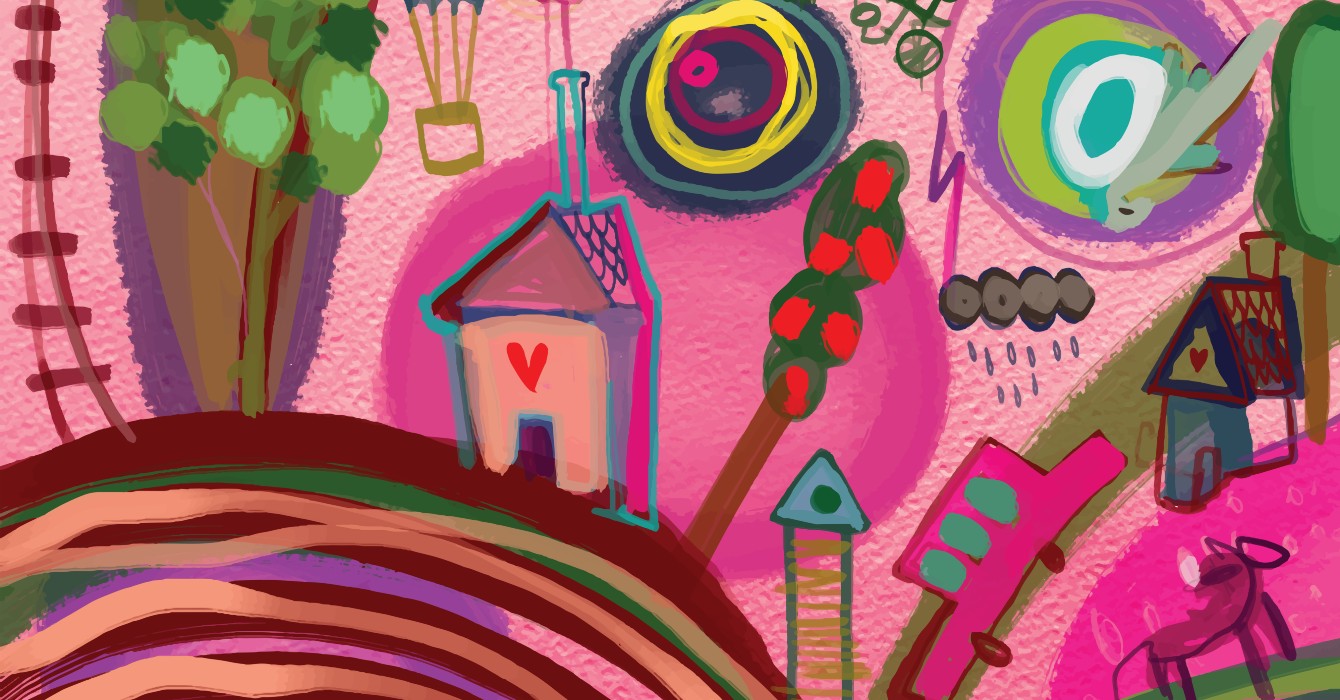I spend a lot of time talking about polarization and political conflict. Because I am bullishly solutions-oriented, it’s only a matter of time in the course of almost every podcast, workshop and Q&A session before the question comes up: How do I make my neighbors and my family see that their politics are cruel and immoral?
Whether it’s the progressive niece and her Trump-loving uncle, the dismayed father and his adult children who think socialism is the way forward or the neighbors with competing yard signs, everyone is looking for that one winning argument that will flip their politically recalcitrant loved ones.
“Oh,” your uncle will finally say, “the Republican Party has been taken over by white Christian nationalists!”
“Aha!” your niece will concede, “the Democratic platform is inherently socialist!”
Even if it’s not so extreme, many of us are appalled by others’ opinions on abortion, immigration, race, guns and any number of other issues that divide us. I think it’s a good and good-faith question to ask how we might talk some sense into our family and friends without sacrificing the relationships.
It’s a sincere question, but I don’t believe there’s a good answer to it. I wrote an entire book about these divisions, and the only solutions I found were, unfortunately, not based on winning arguments. They were way more radical.
We don’t need airtight, unimpeachable rhetoric. We don’t need to win more Republicans or Democrats to our side. We need total narrative reorientation so that our ultimate goal isn’t winning an argument or even an election but instead bringing healing to a suffering world.
I believe this to be not only the most effective path forward but also what it means to be Christlike. If Jesus’ goal was to win people over to a political strategy, he failed miserably. If his goal was to bring democracy to the Middle East, mission not accomplished.
But if his goal was to bring healing and shalom to a world straining under the weight of empire, oppression, sickness, sadness and scarcity, he was among the greatest leaders the world has ever known. In that way, I believe we are invited to be like Christ. We are invited, specifically, to take up our cross.
What this points to are hundreds if not thousands of opportunities to choose the good of others instead of selfishness. It’s a scary proposition, because anything other than self-interest might involve sacrifice. It might involve pain or discomfort. If it weren’t for an earthy, practical theology of resurrection, it would be insanity. If life were limited to what we amass here, we’d be fools not to hoard and protect.
But if we die with Christ, Paul’s second letter to Timothy promises, we will live with him. The rhythm of death and resurrection isn’t a one-and-done ticket to heaven; it’s the motif of our lives that we choose over and over and over again.
One way to do that is through telling cruciform stories, stories that show us how to die to political advantage, power and privilege and to rise to mutuality, compassion and solidarity. Stories are how we make sense of the world; they allow us to take sensory input and transform it into relationships and motivation. The kinds of stories we tell matter so much.
My book analyzes the stories that have kept us acting in our own best interest, the tales that we tell ourselves to dull our hearts to compassion. But then, looking to the Gospels, I ask what it would mean to die to self-interest and rise to compassion in the context of our most divisive political debates. What kind of story would Jesus tell in response to people literally dying as they try to cross the border? Or to the gun lobby?
I believe the stories of the Gospels do speak to our current situation. They don’t offer a political solution, but they might affect our politics. Mutuality is not some internalized decision to “just love everybody” and retreat from the fray. Compassion drives us to act. Sometimes our solidarity is a vote; sometimes it is getting involved in protest or aid work or organizing. Ironically, I also think that radical compassion and connectedness would go further than any political messaging to heal our divides.
Cruciform storytelling is different from prioritizing unity as we’ve come to understand it. For too long, we’ve been told to set our political differences aside and prioritize the feeling of “us”-ness. Don’t bring up controversial issues at the dinner table. Leave the politics and “stick to Jesus” in our sermons. Focus on what brings us together — even if that means we have to ignore the suffering of others.
This approach treats unity as something maintained by good vibes rather than the shared reality that we are all human beings and members of God’s family.
Jesus’ life was a nonstop pursuit of suffering people, interrupted periodically with rebukes of others who were overly preoccupied with their in-group dynamics. He had to break social norms and religious rules and was ultimately crucified as a lawbreaker — all in pursuit of the people society would rather forget. The lepers, the sick, the poor, the unclean. He didn’t always play nice, and he never set aside his mission to avoid conflict.
So while I don’t think there’s a political solution to national disunity to be found in Jesus’ life, I do think there’s moral clarity. The stories of the Gospels offer vignette after vignette of what the dying-and-rising motif will look like in our lives, from “Man was not made for the Sabbath” (death) but “the Sabbath was made for man” (resurrection) to “The Son of Man came not to be served” (death) “but to serve” (resurrection). It’s only in the end that the Gospel writers tie it all together in the story of Holy Week.
The Beatitudes, Peter walking on water, Jesus calming the storm, healing the centurion's servant, raising Lazarus, even producing the new wine at the wedding at Cana point us to dying to having it our way and rising to something better. We cannot prioritize political answers, or nationalistic ones, ahead of our commitment to oneness in Christ — a connection based in dying even to our shared national interest and rising to the shalom of all creation.
The practical flaw in our “play nice and look the other way” approach to national unity is just as fundamental. It assumes that there is something real and objective to rally around when we talk about the nation. But what is the nation? Are we a melting pot? A city on a hill? A nation of laws? A nation of immigrants?
Whenever we see outbreaks of violence — be it police or political — social media erupts with, “This is not who we are!” Inevitably, a second wave of posts follows with countless historical examples demonstrating that the United States has always had violence in its bones. Or cruelty toward immigrants. Or bonkers conspiracy theories.
We remain one nation as long as we can tolerate the current balance of safety and freedom, of privilege and responsibility. Yet we cannot just ignore our significant differences on these topics, because at some point, those who disagree may decide that they cannot abide the current balance. They may decide that their freedoms are being curtailed to the point of oppression. Or that the government’s demands constitute tyranny. At some point, the suffering engendered by the prevailing national imagination becomes irreconcilable.
So what’s the solution, if not unity for unity’s sake? What do we rally around, if not the dominant imagination of the nation? I believe the Gospels point us to our oneness in Christ as the basis for unity. By this I don’t mean simply replacing “Americans” with “confessing Christians” as our “us.” I think that until we see the whole of creation — including our enemies — as our “us,” we will continue to suffer and to tolerate the suffering of others.
The rhythm of death and resurrection isn’t a one-and-done ticket to heaven; it’s the motif of our lives that we choose over and over and over again.
To answer that question for myself, I had to do more than pick a side. In fact, I couldn’t pick a side. I’m a journalist, and journalists aren’t supposed to try to convince you of things. We’re not supposed to pick sides at all. For the most part, I like the distance journalism affords. There’s a comfort in being able to observe, record and relay facts without having to get into the messy work of solving problems. I’m not terribly disappointed that I can’t go door to door canvassing for political candidates. In reality, I prefer not to make life awkward with my neighbors.
Cable news and partisan outlets aside, most journalists I know share this affinity for life as an outside observer. But there are times when, for many of us, the truth beneath the facts becomes difficult to ignore. For me, this hidden truth began to show itself Sept. 1, 2021, when Texas enacted a six-week abortion ban. The truth became impossible to ignore May 24, 2022, when a young man murdered 19 fourth graders and their teachers with an AR-15-style rifle in Uvalde.
I saw the truth of our national division, and it went so much deeper than red vs. blue. It cuts to our very souls.
I reported the facts of those news stories, just like I’d reported the facts of immigration, education policy, COVID-19 and climate change. For over a decade I have faithfully relayed the stories of suffering people with accuracy and detail, and every time, I am freshly reminded of the truth beneath the facts: Americans are unmoved by certain kinds of suffering.
We are unmoved by any suffering that makes us look bad. If my preferred policy or my economic advantage is causing someone else’s suffering, then I’m keen to explain it away. When it comes down to you and me, if one of us must suffer, I’d rather it be you.
As I wrote the story of Kendra Joseph, the mother who had aborted her pregnancy after finding out the baby had a life-limiting condition, I could already hear the anti-abortion response, the counternarrative in my head. The suffering she was trying to prevent — hers, her family’s and the baby’s — was inconsequential compared with the baby’s “right to life.”
As I wrote the story of Uvaldeans devastated by the deaths of their children, I could hear the counternarrative that their suffering was random, arbitrary and unexplainable and that guns were — against all evidence — keeping us safe, not leading us to death.
I remembered posting the story of Jessica Menjivar on Facebook. In one scene, she was lying on the floor of a holding cell in an immigration detention center without “even … the strength to talk to God.” She eventually did find the strength, praying to be reunited with her daughters, who had fled a life of sexual exploitation by the gang who controlled their town in El Salvador. I had seen the counternarrative, in the comments under that story on social media: “The law’s the law.”
These and more stories came rushing to me as I thought about how we have inured, or maybe numbed, ourselves to the suffering of others so that we will not have to bear the discomfort of compassion, especially if it might lead us to take on a little suffering of our own in order to alleviate the suffering of our neighbors.
We’ve fed ourselves a steady diet of these counternarratives so that we’ve become primed to fight, not heal. We’ve allowed ourselves to believe that these are political fights and that a win for “our side” is the best way to heal the country.
It’s not, and I think we see that in the stories of someone who was neither Republican nor Democrat. Not because he was “too conservative for Dems and too liberal for Republicans.” But because he wasn’t an American at all.
Jesus of Nazareth, as his stories are told in the Gospels, calls us to a oneness and a compassion so antithetical to our partisan divisions that we should be blushing. Because this oneness and compassion isn’t based on ignoring the suffering that divides us; it’s found in putting that suffering at the center. It’s found, not in pursuing pleasantness, but in dying to comfort so that we can rise to healing.
The oneness Jesus offers makes the imagination of the nation seem puny and petty until it serves the good of all.
I think that until we see the whole of creation — including our enemies — as our “us,” we will continue to suffer and to tolerate the suffering of others.



